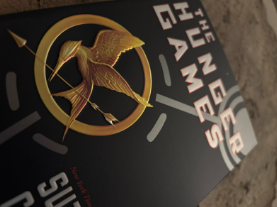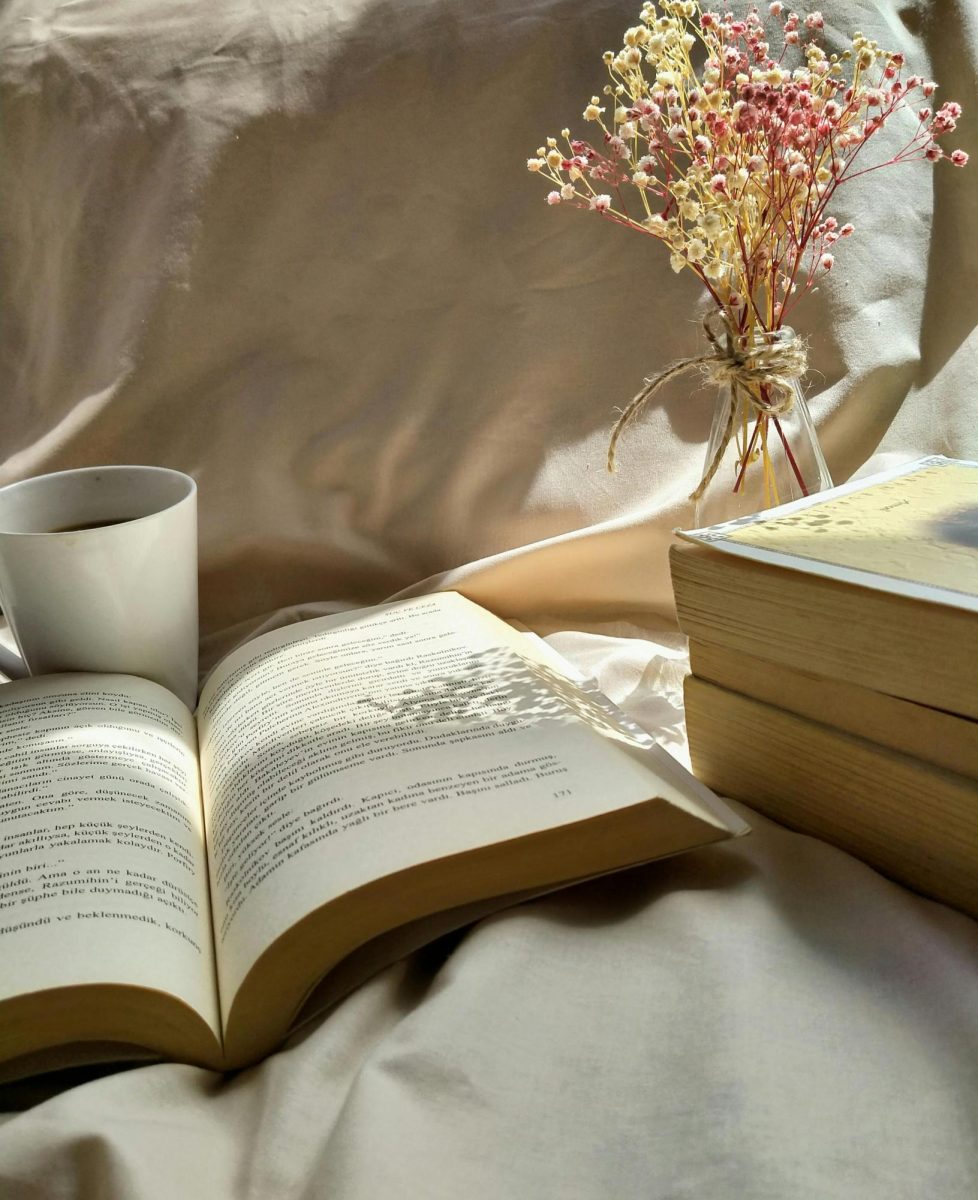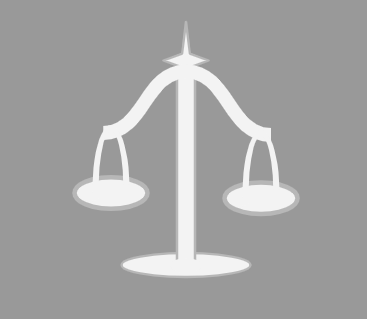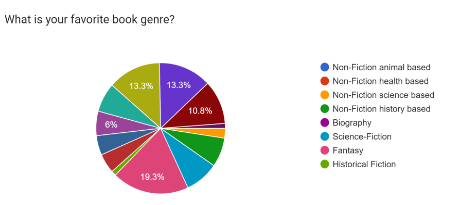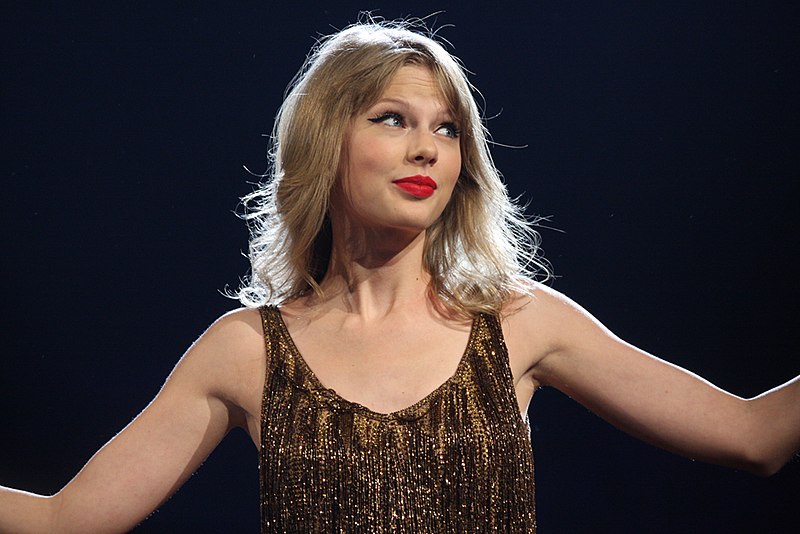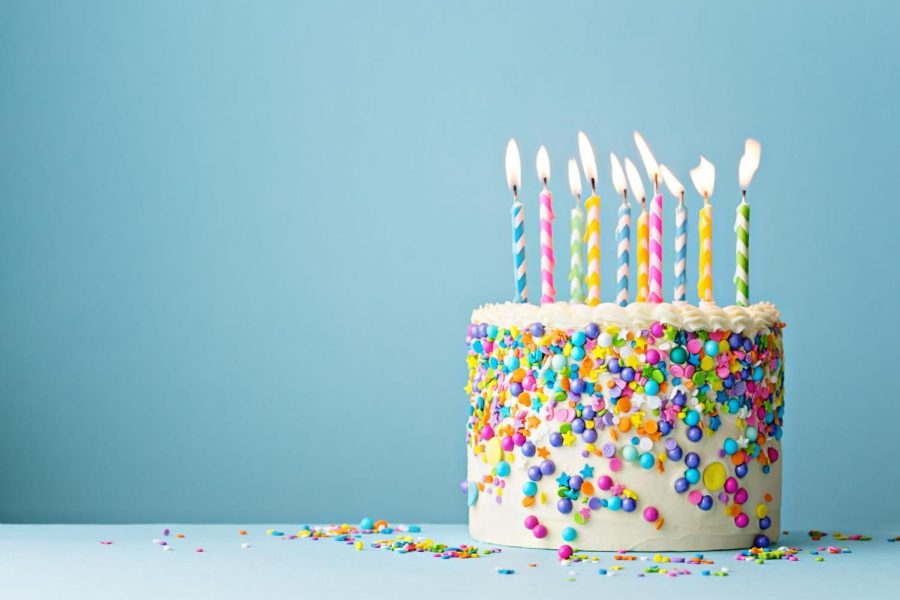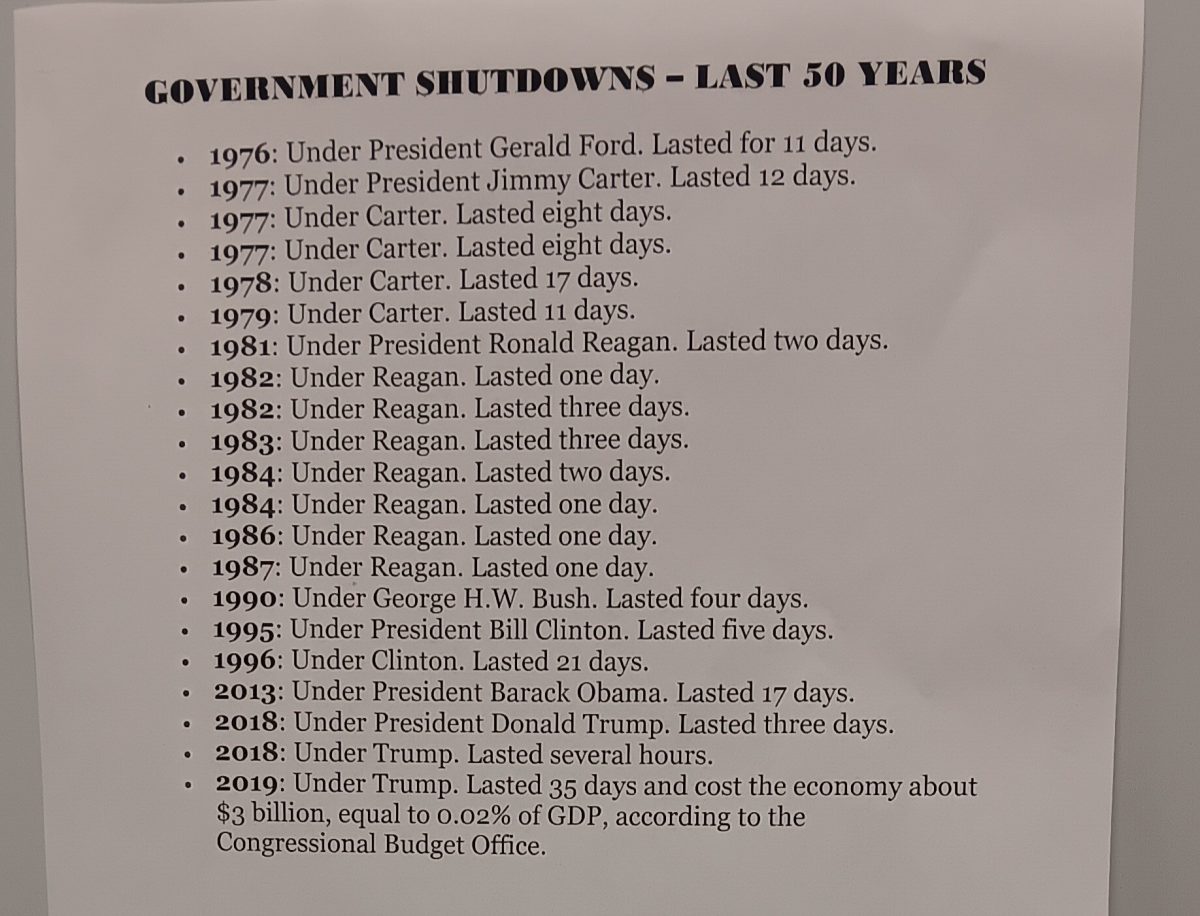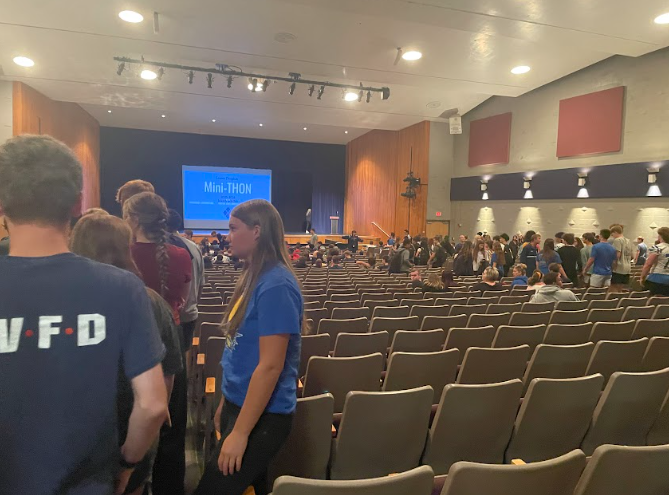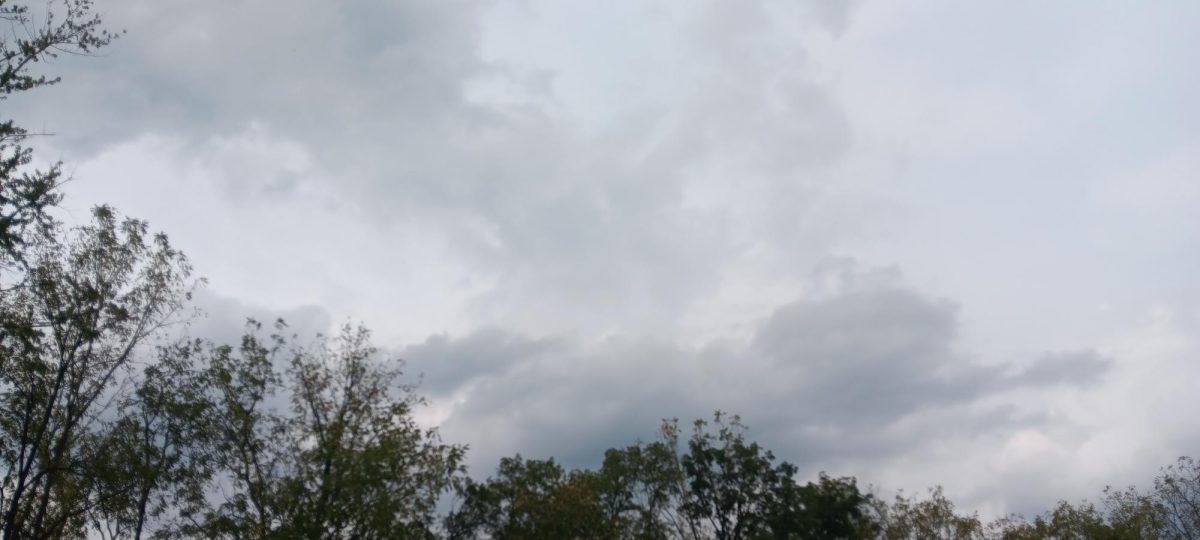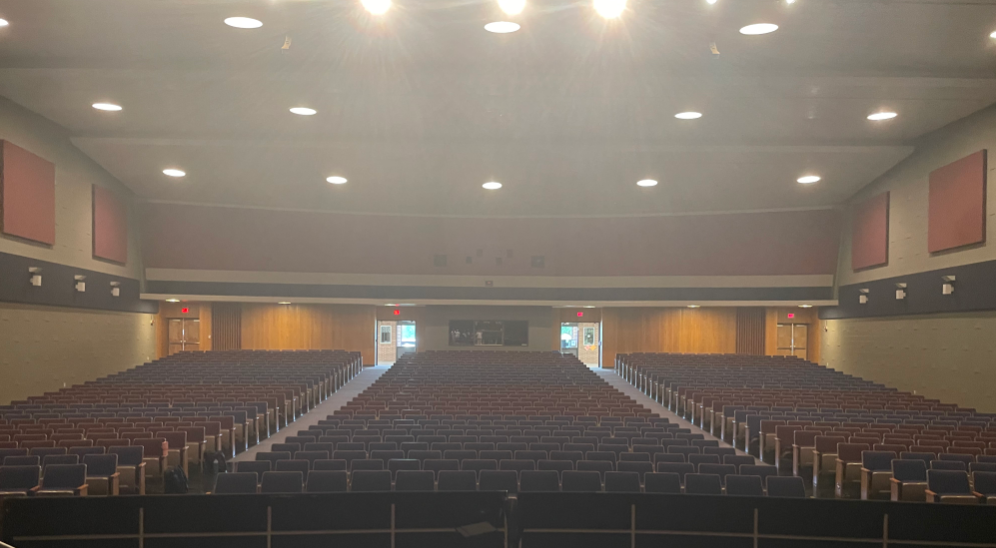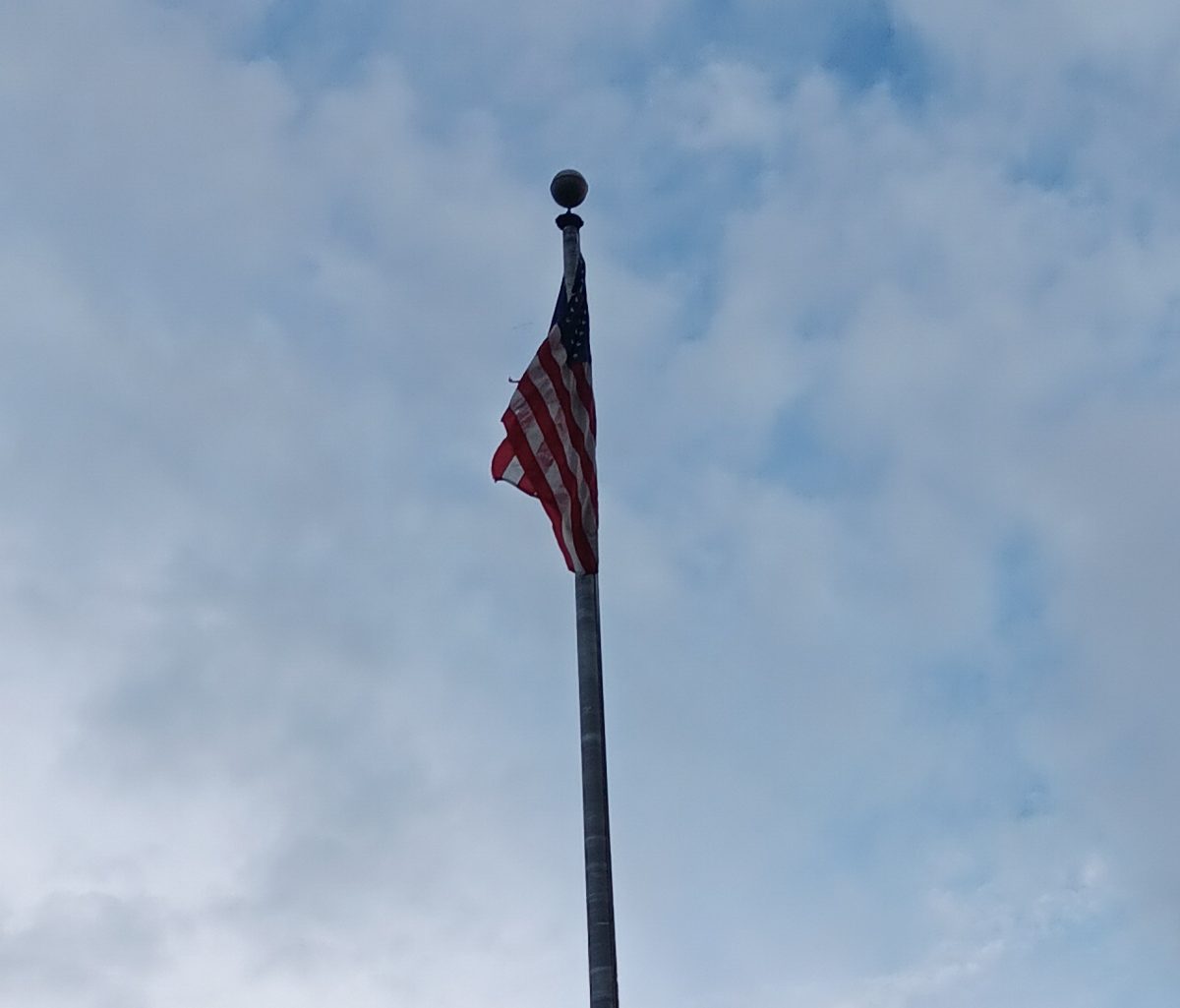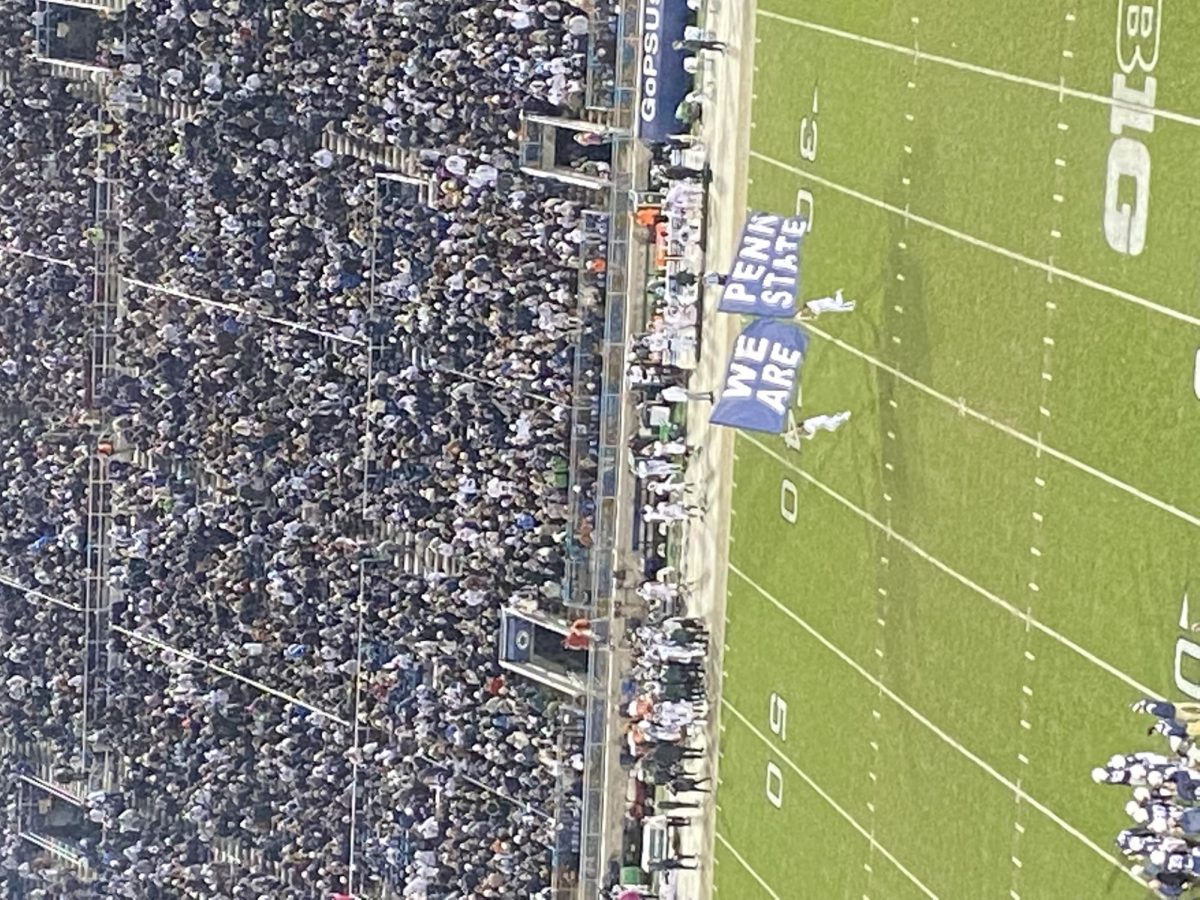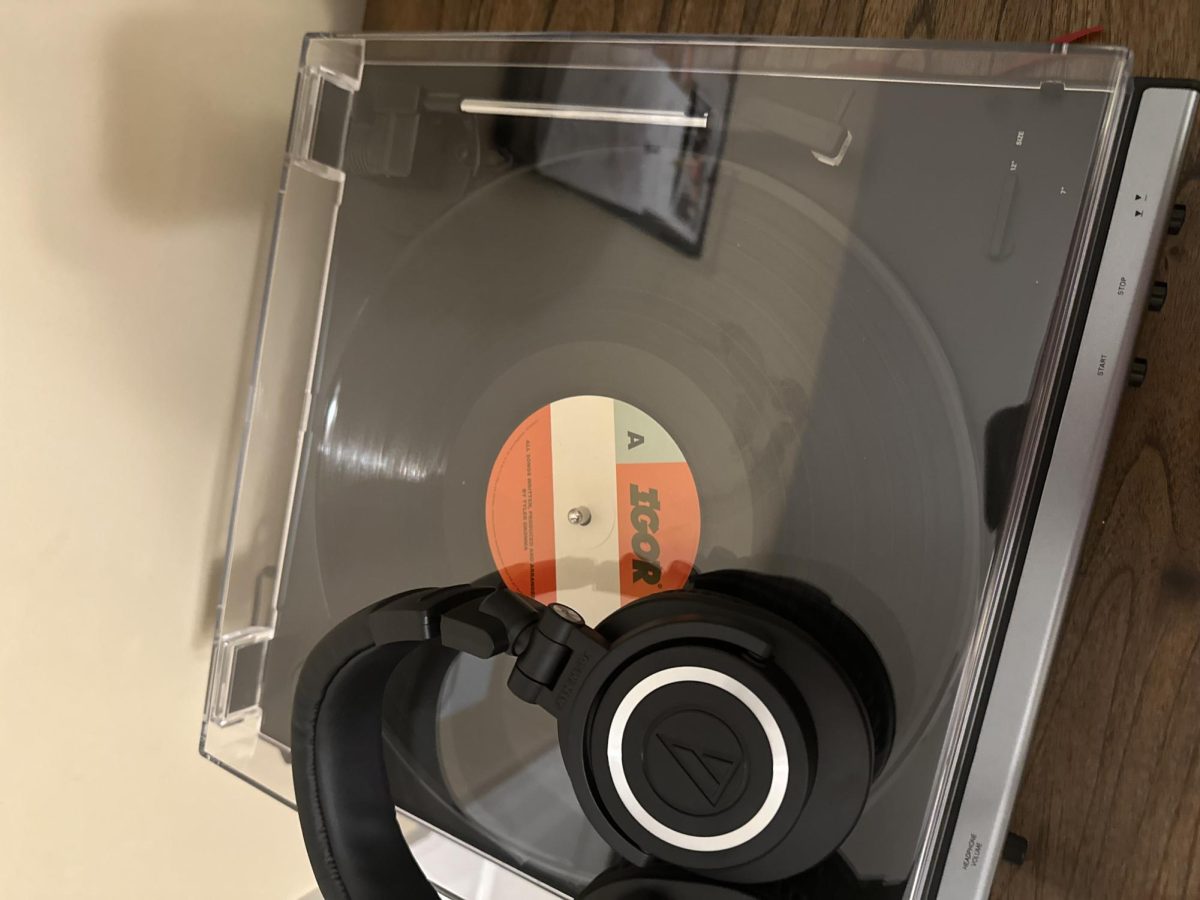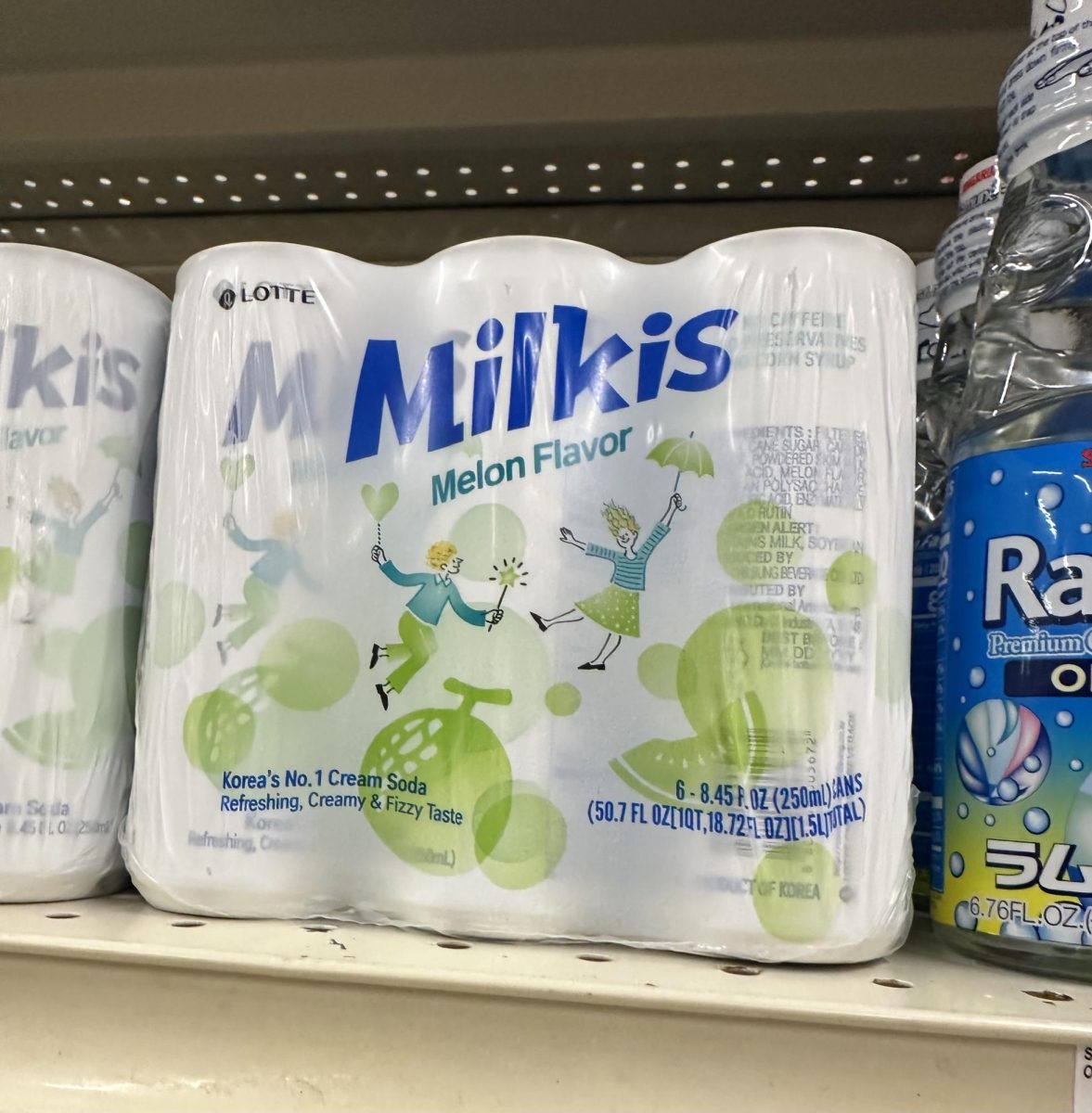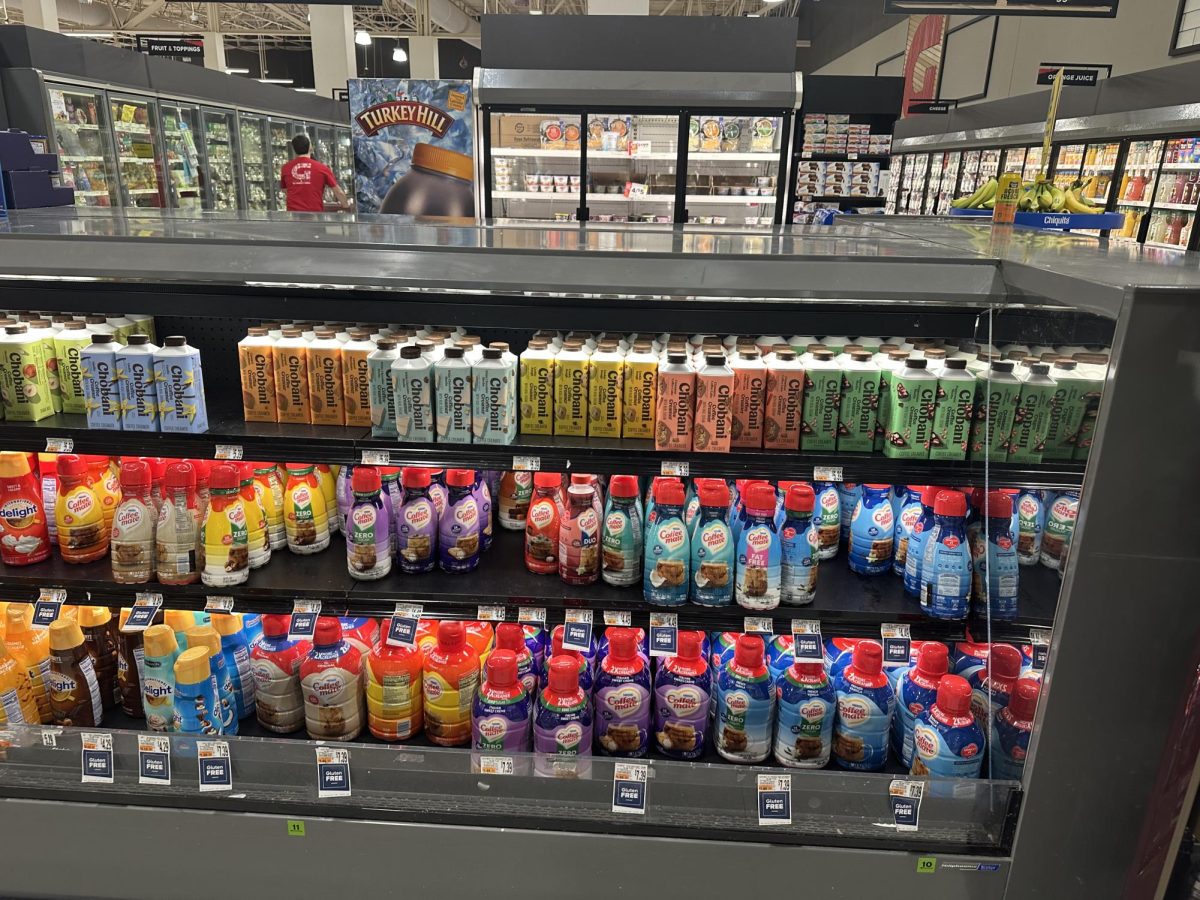Following recent events in America, there has been an uproar regarding the potential banned books list, or challenged books list. Notable books on this list include Harry Potter and The Hunger Games as well as a multitude of other classic dystopian novels and contemporary books.
It is important to understand that the banning of these books does not necessarily mean that they will not be available for personal purchase, just that they will not be implemented into federal settings, including schools. While at first glance the issue may not appear to be that pressing, this matter raises strong concern for the general education of the public.
Reading is often considered a hobby, and in recent years has even turned into a “fan base.” To be clear, most modern contemporary, fantasy, and science fiction books are not what politicians seek to ban, these are not the novels that would be read in schools anyway. Most books that are being challenged are those that hold themes of government distrust, self identity, and conflicting religious aspects.
Lower Dauphin student Addy Misiolek, a senior, had this to say when asked about her opinion on dystopian novels, “I 100% think that they should be in schools, they’re great books.”
As aforementioned, most people would consider reading a simple hobby, but politics are deeply rooted in this “hobby.” Reading actively exposes you to new points of view and opinions on the world. It often forces you to acknowledge atrocities that exist in the books, are mirrored in real life.
A great example of this is Suzanne Collins The Hunger Games, the major theme of the book series is the exploitation of children and corruption in the government. These themes are reflected in real life through Hollywood, Disney, and other media industries exploiting child labor for the entertainment of thousands.
Unfortunately, the process of banning these important books has already begun. Famous work The Lorax by Dr. Seuss has already been banned in some school districts in California. The book centers around concerns for the environment due to massive industries polluting the Earth and consumer greed. The book is regarded as an incredible work across most of America. It is truly terrible how a book with a message as noble as that is seen as derogatory and not suitable for children.
Lower Dauphin student Haylee Coble, a freshman, had this to say about the prospect of challenged or banned books, “I disagree with certain books being banned because there is no reason for some to be banned.”
While there may not be much students can do proactively about the legislation that affects these books, it is nonetheless important to know that it is happening.

